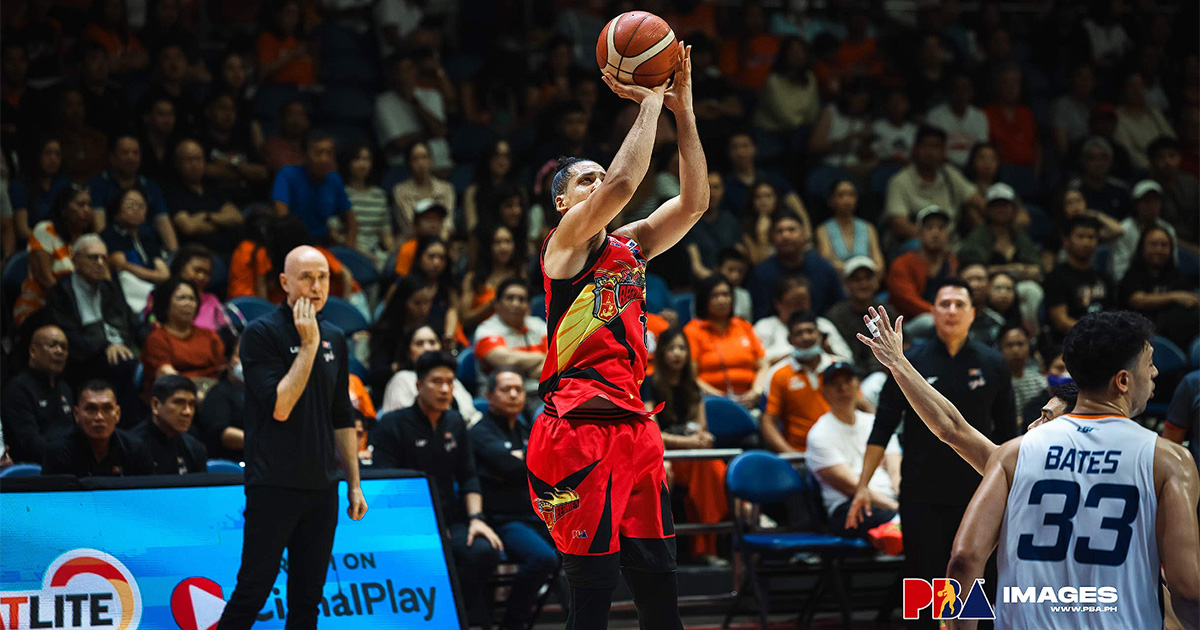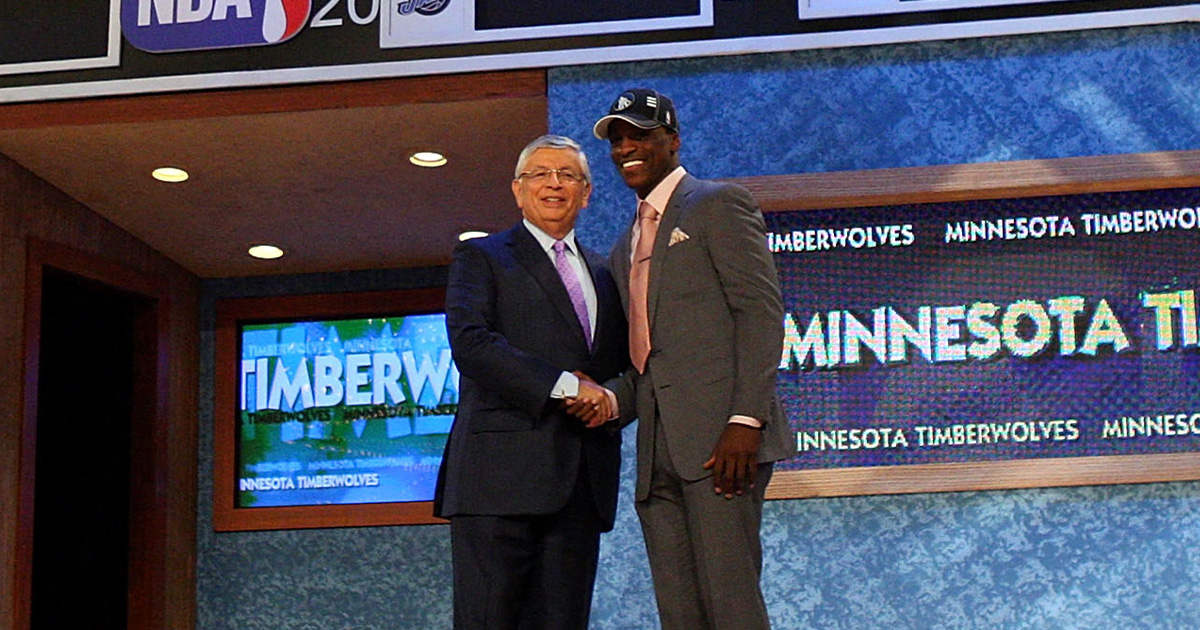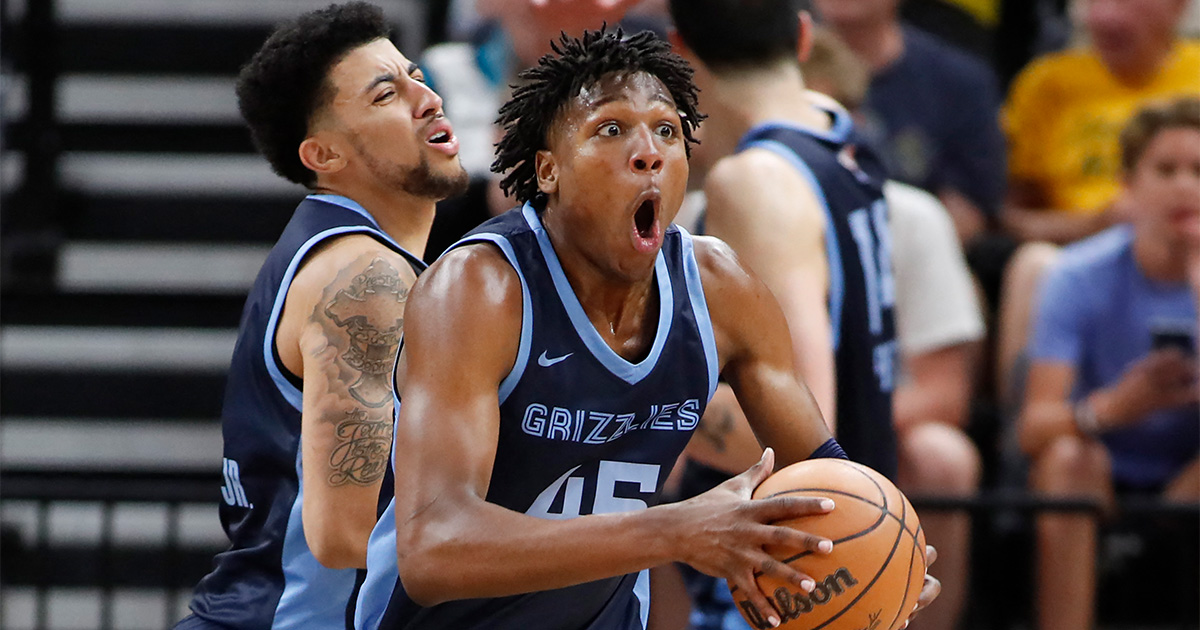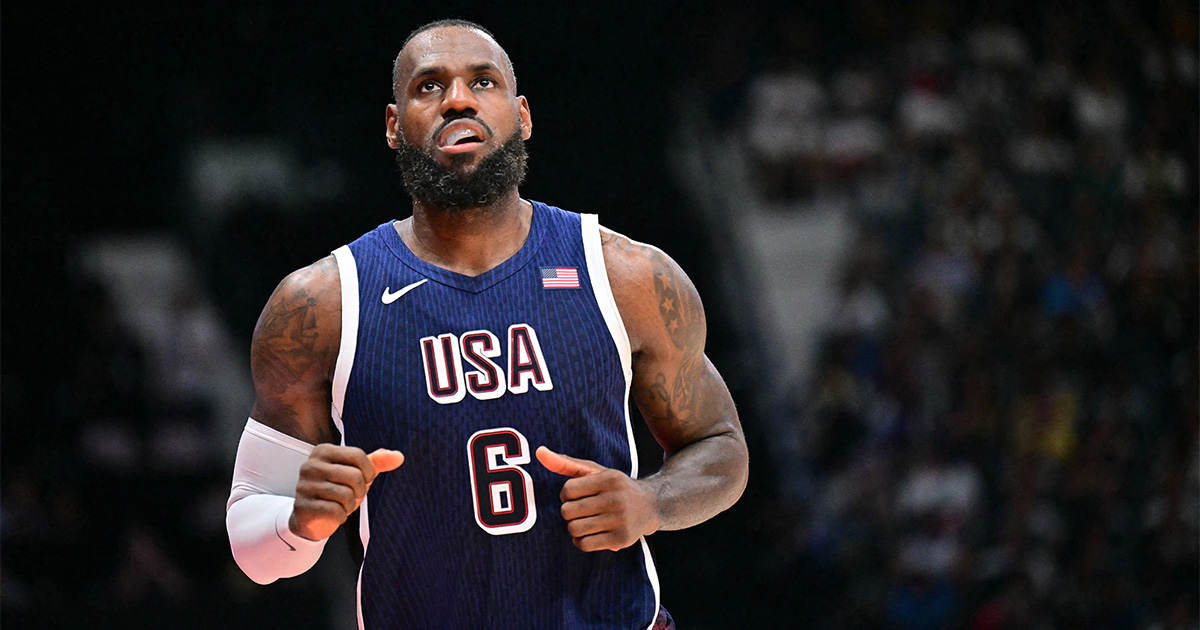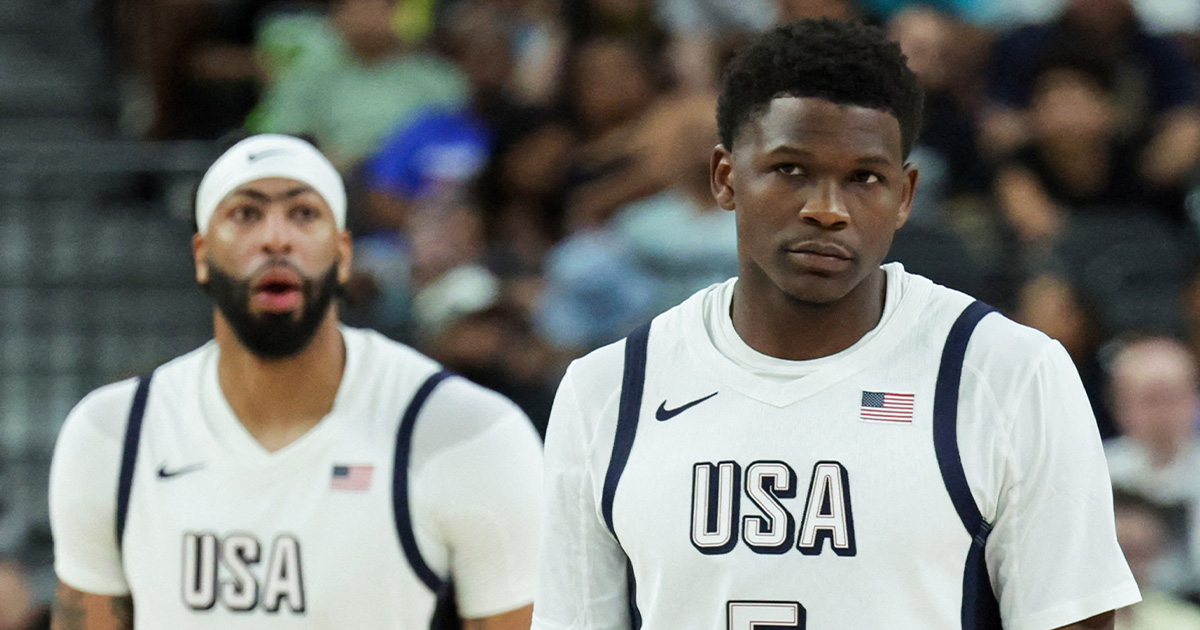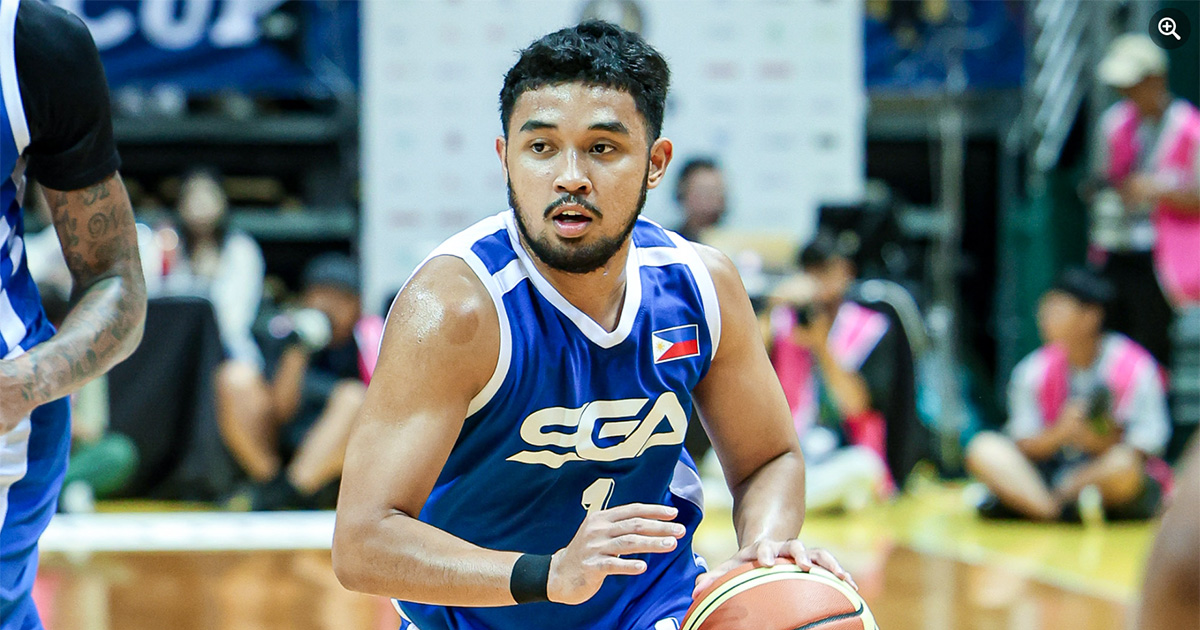If you missed Part 1 (the No-Brainers and the Over/Under Guys), CLICK HERE to catch up. Here’s Part 2.
We went through the higher tiers of the players likely to make the NBA’s 75th anniversary team a few days ago, but that wasn’t our full list. As a quick reminder, here’s how we’ve tiered the players:
DWAYNE JOHNSONS
18. Ray Allen
CV: 2x All-NBA; 10x All-Star; HOF; third-best player on a championship team (2008) and a runner-up (2010); starter on a championship team (2013); Career averages: 18.9 PPG, 4.1 RPG, 3.4 APG, 18.6 PER
The Top 50 loved champions and had guys like Jerry Lucas (7x All-Star) and Earl Monroe (4x All-Star) who were somewhere between the 4th to 6th best players on the 1973 Knicks. Allen won more titles, had more All-Star appearances, is the all-time leader in 3-pointers made, and hit one of the greatest shots in Finals history.
19. Dwight Howard
CV: Top 2 2011 MVP; 3x DPOY (2009, 2010, 2011); 8x All-NBA (5x First Team); 5x All-Defense (4x First Team); 8x All-Star; 5x rebound champ; best player on a runner-up (2009); role-player on a championship team* (2020); Career averages: 16.2 PPG, 12.1 RPG, 1.4 APG, 21.4 PER
The list of players with at least 5 All-NBA First Team and 4 All-Defensive First Team selections: Kareem Abdul-Jabbar, Olajuwon, West, Jordan, Duncan, Kidd, Kobe, LeBron, and Dwight. Yes, the center position was at its weakest post-Shaq and pre-Jokic/Embiid, and, yes, Dwight’s antics were frustrating, but his trophy case don’t lie.
When I said that voters will probably be more circumspect with the Shaq exception this time around, I initially had Dwight in mind. What if the voting happened in 2011? This was 2 years after Dwight led the Magic to the Finals, and I thought it would’ve been absurd to vote Dwight in and the list would’ve lost credibility. Yet here we are.
20. Pau Gasol
CV: 4x All-NBA; 6x All-Star; second-best player on two championship teams (2009, 2010) and a runner-up (2008); 2002 ROY; Career averages: 17.0 PPG, 9.2 RPG, 3.2 APG, 21.4 PER

21. Tony Parker
CV: 2007 Finals MVP; 4x All-NBA; 6x All-Star; second- or third-best player on three championship teams (2005, 2007, 2014); starter on a championship team (2003); best player on a runner-up (2013); Career averages: 15.5 PPG, 2.7 RPG, 5.6 APG, 18.2 PER
Gasol’s and Parker’s All-Star appearances are on the low end, but the champions rule should see them through. Gasol averaged 18.6 points, 11.6 boards, 3.7 assists, and 2.6 blocks in the 2010 Finals, including a 19-18 in Game 7, and had a legitimate claim to be the Finals MVP. Parker probably shouldn’t have been the Finals MVP in 2007 but that’s water under the bridge; he kept the Spurs as legit contenders once he became their main offensive option as wear and tear slowed Duncan down.
22. Gary Payton
CV: Top 3 1998 MVP; 1996 DPOY; 9x All-NBA (2x First Team); 9x All-Defensive First Team; 9x All-Star; 1x steals champ; HOF; co-best player on a runner-up (1996); starter on a runner-up (2004); role player on a championship team (2006); Career averages: 16.3 PPG, 3.9 RPG, 6.7 APG, 18.9 PER
The Glove was the best all-around point guard—not just defensive—of the 90s but he wasn’t quite the best point guard period, unlike the guys in the upper tiers. Regardless, he accomplished something that other mere mortals couldn’t: slow down Jordan in the Finals.
23. Paul Pierce
CV: 2008 Finals MVP; 4x All-NBA; 10x All-Star; HOF; second-best player on a championship team (2008) and a runner-up (2010); Career averages: 19.7 PPG, 5.6 RPG, 3.5 APG, 19.7 PER
The rules on champions and quantity (in terms of All-Star seasons) should get Pierce in. And he is the only guy who can claim to have outdueled both LeBron and Kobe in the same postseason (2008).
BORDERLINERS
24. Carmelo Anthony
CV: Top 3 2013 MVP; 6x All-NBA; 10x All-Star; 1x scoring champ; Career averages: 23.0 PPG, 6.3 RPG, 2.8 APG, 19.7 PER
Melo has the quantity—10 All-Star seasons and 27,370 points. He is 10th in the all-time scoring charts and will likely move up to 9th this upcoming season. Everyone ahead of him is already in the Top 50 or locks for the Top 75, so he likely gets in.
He’s also why I’m uncomfortable booting out anyone from the original 50. On paper, he looks more accomplished than 2 of the 3 guys who never appeared in the Finals: Pete Maravich (5x All-Star, 4x All-NBA) and Dave Bing (7x All-Star, 3x All-NBA). But as someone who witnessed Melo’s career, I’m not sure I’d go out of my way and pick him over those guys.
25. Bob McAdoo
CV: 1975 MVP, 1974 & 1976 MVP runner-up; 2x All-NBA (1x First Team); 5x All-Star; 1972 ROY; 3x scoring champ; HOF; sixth man on 2 championship teams (1982, 1985); Career averages: 22.1 PPG, 9.4 RPG, 2.3 APG, 20.7 PER
McAdoo was a curious omission from the Top 50 team because, unlike Wilkins, his profile matches many of the guys who made it. Let’s start with this: all MVPs through the 1996 season made the list, except McAdoo. It wasn’t a fluke either; he finished runner-up on 2 other occasions. All players who had won 3 or more scoring titles made the 1996 list except Neil Johnston who (1) played in the 50s and (2) never averaged more than 24.4 points in a season. He also won more rings than non-MVPs like Monroe, Bing, Ewing, Stockton, Nate Thurmond, and Clyde Drexler. Following the rules on peaks and titles, McAdoo should be in.
26. Dennis Rodman
CV: 2x DPOY (1990, 1991); 2x All-NBA; 8x All-Defense (7x First Team); 2x All-Star; 7x rebound champ; HOF; best defender on 5 championship teams (1989, 1990, 1996, 1997, 1998); Career averages: 7.3 PPG, 13.1 RPG, 1.8 APG, 14.6 PER
Why he’s in:
(1) The only other player with at least 7 rebounding crowns is Wilt.
(2) There are only 10 players who have been selected to 7 or more All-Defensive First Teams and everyone is in the Top 50 or otherwise guaranteed to be in the Top 75. Except for Bobby Jones.
Why he’s not:
(1) Among those players with at least 7 All-Defensive First Team selections, no one averaged less than 15 points per game for their careers. Except for Bobby Jones.
(2) Nobody in the Top 50 or the prospective Top 75 averaged less than double-digits in scoringfor their career (lowest was Wes Unseld with 10.8 points; he is also one of only 2 guys to win the ROY and MVP in the same year, and was a Finals MVP).
Basketball is a two-way sport and if the likes of Harden and Russ will get in despite playing only one side, shouldn’t Rodman too? Not according to the Bobby Jones rule. But perhaps it shouldn’t apply to the most pliable defender of all-time, who capably guarded Jordan, Shaq, Larry Bird, Magic Johnson, Charles Barkley, and Karl Malone during their primes. He was the difference maker in the 1996 Finals after Jordan’s Glove issue. And although he wasn’t a scorer, he was no Ben Simmons in the clutch either:
Historically great teams—the 1967 Sixers, 1972 Lakers, and 1986 Celtics—each had at least 3 players in the Top 50, so perhaps voters will be inclined to add another one from the 72-10 Bulls. He will be a test case for the championship rule, but maybe The Last Dance has swung things in The Worm’s favor.
27. Dominique Wilkins
CV: Top 2 1986 MVP; 7x All-NBA (1x First Team); 9x All-Star; 1x scoring champ; HOF; Career averages: 24.8 PPG, 6.7 RPG, 2.5 APG, 21.6 PER
He was the most controversial snub in the Top 50 and it’s likely that, similar to McAdoo, the new voters rectify the mistake and put him in. His case is quite similar to Melo, with a slightly higher peak.

BONUS TIER-5: THE “LLOYD CHRISTMAS”
So you’re telling me there’s a chance? Based on some rules deduced from the Top 50, there may be for these guys (confidence level is below 50%):
Chris Bosh: 32 of the 33 players who have made at least 11 All-Star teams are in the Top 50 or shoo-ins for the Top 75. The 33rd player is Bosh. He was the third-best player on 2 championship teams and 2 runners-up. He only has one All-NBA, so it may be a bit of a reach, but Monroe made it with the same number of All-NBA selections, less All-Star appearances and one less ring.
Manu Ginobili: I personally think Manu meant more to the Spurs than Parker, but Parker had the stats and All-Star nods. The only player in the Top 50 with only 2 All-Stars and All-NBAs is Walton, but Walton’s 2-year run is right up there with the best of ‘em. Manu never reached those peaks, but he does have 4 rings, so how far are voters willing to stretch the championship rule? Monroe (4x All-Star, 1x All-NBA, 1 ring) made the Top 50 and if you ask any NBA player the question, “would you trade 2 All-Star selections for 3 championships?” the answer will almost certainly be yes. Also, will his international success with Argentina, the only other country to win gold in the post-Dream Team Olympics, subconsciously sway voters?
Joe Dumars, Chauncey Billups, Kyrie Irving, Klay Thompson: The Earl Monroe rule. But Monroe is the one guy from the Top 50 most likely to be dropped, so the rule is kind of tenuous. Sorry, Pearl.
Nikola Jokic: If we were to do this exercise 3 years from now, Jokic will at least be a Dwayne Johnson. But does he make it now under the Shaq exception? He’s an MVP, a 3-time All-Star and All-NBAer, and ranks 7th in career PER. He’s never been to the Finals though, unlike Shaq in 1996, so Jokic doesn’t quite tick all the boxes to qualify for the Shaq exception.
Reggie Miller: The only players with 5 or less All-Star selections to make the Top 50 are: Unseld, Monroe, Billy Cunningham (4x All-NBA, 1967 champ), and Sam Jones (3x All-NBA, 10x champ). Miller has 3 All-NBA selections—all Third Teams, meaning at no point was he a consensus top 10 player—and doesn’t have a ring, so his profile falls a bit short of the other guys (maybe except for Monroe). He was the best player on a runner-up (2000) and the last team to push Jordan’s Bulls to a Game 7 (1998), but his postseason reputation is a bit overblown. He was a no-show in Game 7 of the 1994 ECF (2/10 in the second half), Game 7 of the 1995 ECF (12 points), Game 5 of the 1998 ECF (14 points), Game 6 of the 1999 ECF (8 points), and Games 1 (7 points), 2 (3/11 in the second half) and 6 (1/4, 0/3 3FG in the fourth) of the 2000 Finals.
He held the record for most career 3-point field goals made for a long period before Allen and Curry surpassed him, so he will surely carry voters in view of the NBA’s 3-point revolution. Plus, if you look up Top 75 articles and Reddit discussions, he seems to be one of the guys on everybody’s lists, so maybe it’s a moot point and he makes it regardless of his spotty CV.
Fundamentally, however, the problem with adding Miller is that you have to consider other players with at least 5 All-Star appearances like McGrady, Yao Ming, Grant Hill, Chris Webber, Mitch Richmond, Joe Johnson, Paul George, Blake Griffin, Damian Lillard, etc. There are 139 of those guys and unless you filter the list with >2,500 career 3s, it’ll end up being a fool’s errand.
***
Got thoughts and (hopefully non-violent) reactions? Let me know via email at [email protected].










